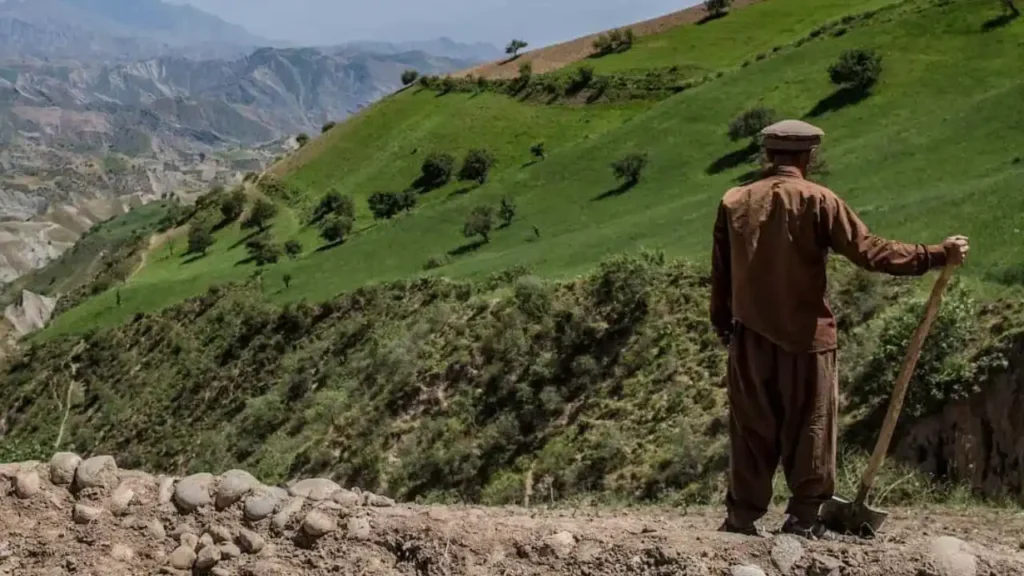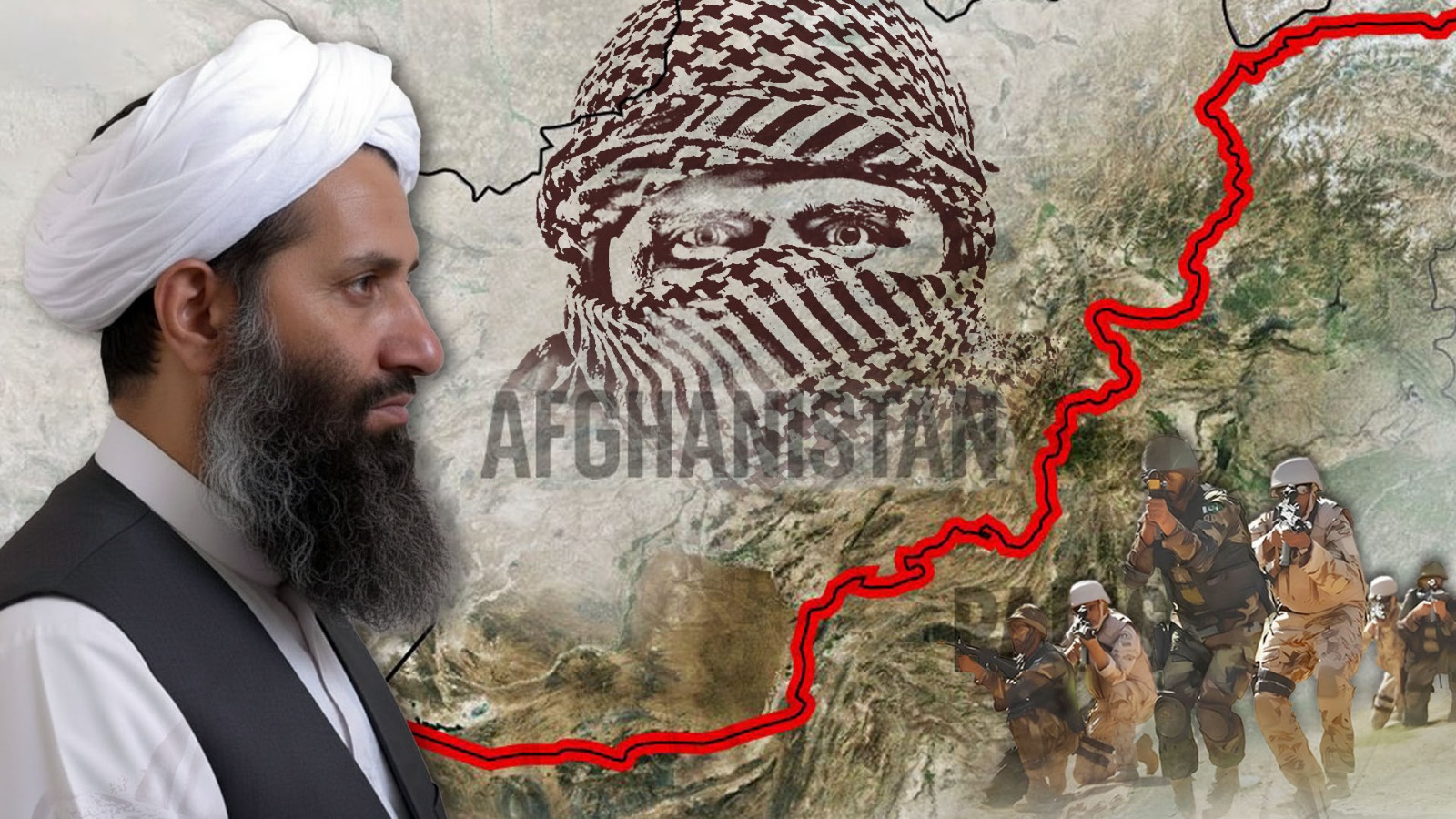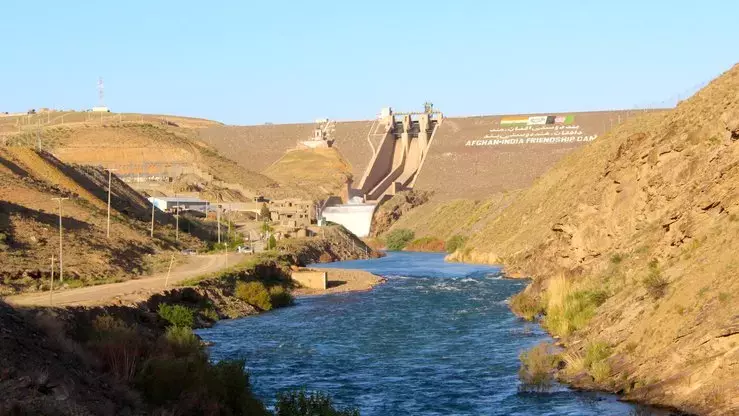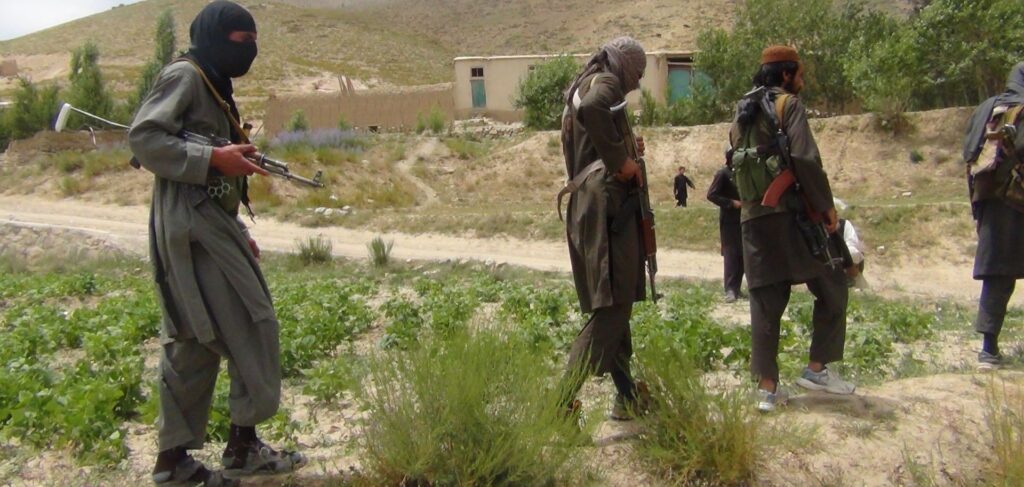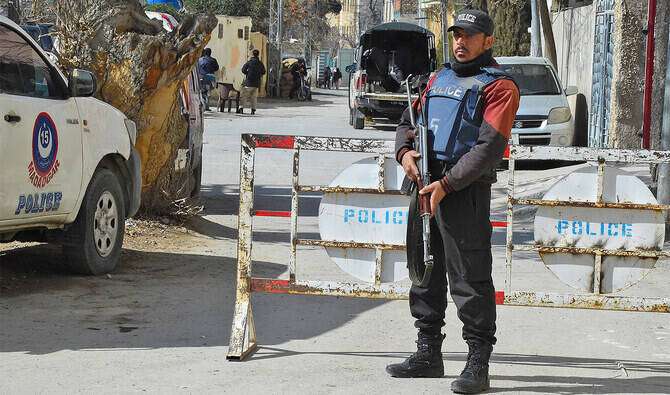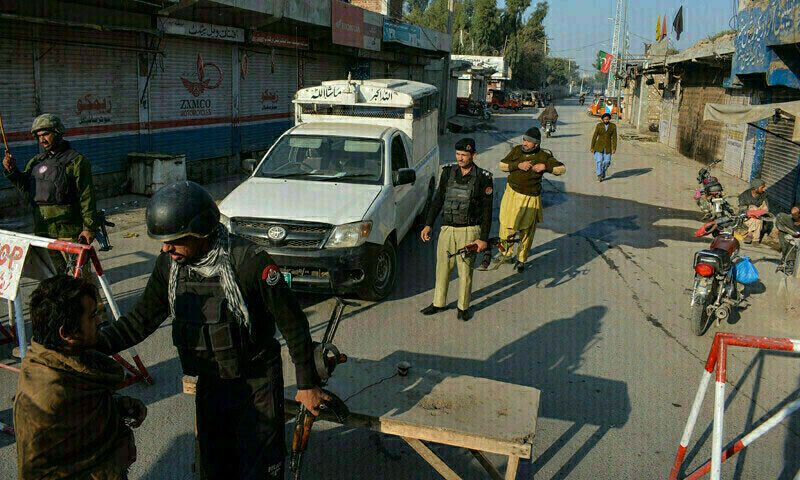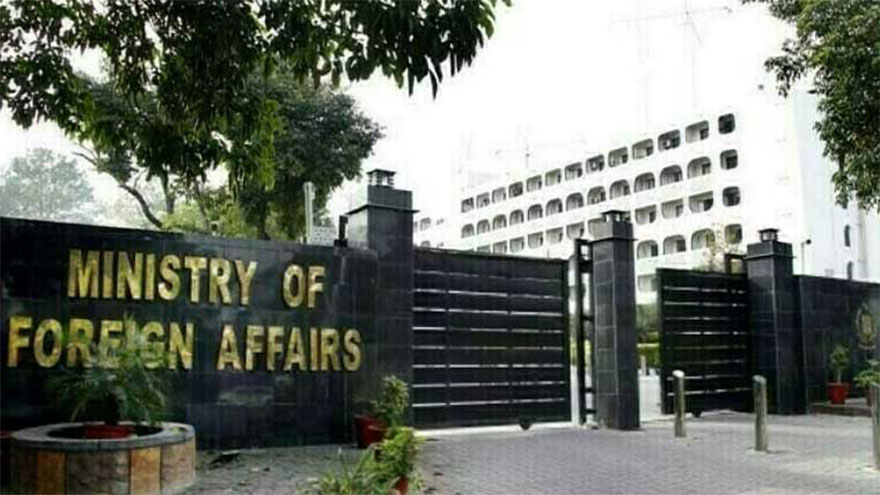For decades, Afghanistan has been a source of instability in South Asia. The protracted conflicts in Afghanistan and the political instability have entangled neighbors in a cycle of insecurity and violence. In this unstable milieu, Pakistan is often blamed for influencing the governance structure and conflict dynamics of Afghanistan. These allegations are not just misleading but also lack evidence. Pakistan considers these allegations part of the larger propaganda campaign that aims at discrediting its counterterrorism credentials, which have received global recognition.
Far from playing the role of spoiler, Pakistan has worked to facilitate the Afghan peace process. Over time, Pakistan has encouraged dialogue among all stakeholders of Afghanistan. Throughout the years of instability in Afghanistan, Pakistan has officially maintained that an “Afghan-led and Afghan-owned” process is the only solution to the crisis Afghanistan has been facing. Painting Pakistan, as a spoiler in this case, is distorting reality and shifting blame from real spoilers.
Pakistan has suffered the worst brunt of terrorism. Besides losing nearly 80,000 lives, Pakistan has suffered immensely on the economic front. In the last two decades, Pakistan has also faced radicalization, slowed economic development, and a near collapse of the social fabric. Given the cross-border terrorism, Pakistan’s security apparatus is stretched too thin, limiting its capacity to respond to every threat.
The propaganda that Pakistan ignites chaos in Afghanistan is not just illogical but also offensive to the sacrifices the nation has made. Pakistan considers stability in Afghanistan, not as a strategic luxury, but rather a necessity that can yield prosperity for the entire region. Stability and security in Afghanistan translate positively toward Pakistan, and this remains the reason why Pakistan seeks a political resolution of the issues. Pakistan denounces allegations of fueling conflict in Afghanistan or using anti-Taliban stakeholders for strategic favor.
For nearly four decades, Pakistan has faced the burden of hosting Afghan refugees. With little international support, Pakistan met the needs of Afghan refugees. At the peak of the Afghan conflict, Pakistan hosted nearly 3 million Afghan nationals as refugees, making Pakistan one of the largest refugee-hosting nations. This legacy is a reminder that Pakistan’s engagement with the Afghan nation is based on compassion and not on opportunism. At a time when Pakistan is facing the brunt of terrorism, blaming this country defies logic. Blaming Pakistan for ‘playing a double game’ is, in reality, a smokescreen. This smokescreen allows anti-Pakistan stakeholders to hide repeated failures of the Afghan interim government. Since taking power in 2021, the interim government in Afghanistan has failed to build inclusive institutions, reconcile the contending factions, and deliver a well-structured governance model. Rather than addressing the internal ruptures, blaming Pakistan is considered an easier way to escape accountability.
Contrary to the propaganda put forth by the anti-Pakistan factions, the state of Pakistan has facilitated critical peace efforts for security and stability in Afghanistan. The international stakeholders acknowledged the role of Pakistan in the Doha peace process. Both the U.S. and the E.U. acknowledged that Pakistan created conditions for dialogue between the U.S. and the Taliban. Without the participation and facilitation of Pakistan, the diplomatic breakthroughs would not have been possible. As the state, Pakistan advocates an inclusive political process and rejects the imposition of external solutions. Pakistan urges that Afghans must themselves find a common ground for settling the precarious issues that have hijacked development and inclusivity. These efforts on the part of Pakistan substantiate Pakistan’s commitment to furthering dialogue and not disruption. The only reason for elusive peace in Afghanistan is the unchecked presence of militant groups, who use the Afghan for lodging attacks towards Pakistan. Organizations like Tehreek-e-Taliban Pakistan (TTP) have used Afghanistan’s land for re-grouping, re-arming, and targeting civilians and Pakistani security forces.
The use of Afghan land as a launching pad against Pakistan is a clear violation of international law. Pakistan believes that by allowing anti-Pakistan groups to re-group, Afghanistan betrays the principles of mutual co-existence. Unless these issues are addressed, the peace efforts in Afghanistan will remain fragile. Despite repeated attempts to create instability, Pakistan has preferred restraint. Pakistan didn’t prefer retaliating with force; instead, it exercises restraint. Pakistan’s approach stands in contrast to the narrative of instability and violence. In different international platforms, Pakistan has stressed that a military solution to the Afghan crisis cannot yield peace; rather, it will aggravate the already volatile situation. By continuously advocating dialogue, Pakistan has projected itself as a responsible neighbor that prioritizes regional peace. International law emphasizes that states must prevent their territory from being used against other countries. Pakistan has worked consistently to fulfil this obligation and dismantle terrorist networks.
Pakistan stands ready to cooperate with international states for a global counterterrorism framework. The expectations remain that Afghanistan will also uphold the same spirit. Denying spaces to terrorists is not a favor for Pakistan rather a global obligation that must be met by Afghanistan’s interim government. Attaining peace in Afghanistan is neither simple nor short; however, it is achievable. Pakistan continues to be the facilitator and not the spoiler of the Afghan peace process. Pakistan’s humanitarian commitment, its diplomatic endeavors, and the sacrifices denote the steps Pakistan has taken for the peace process.

